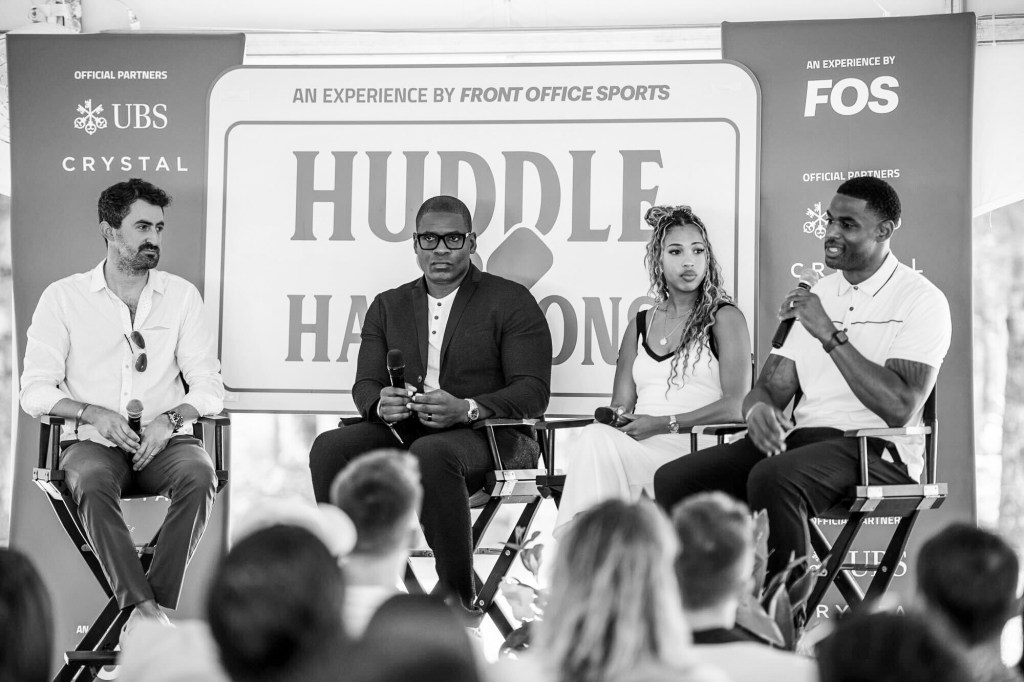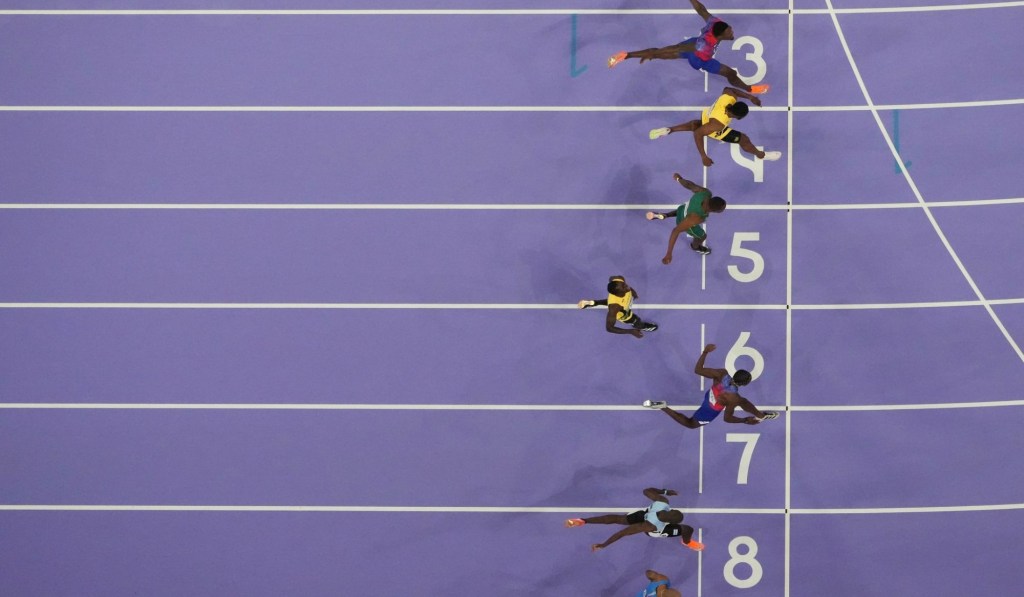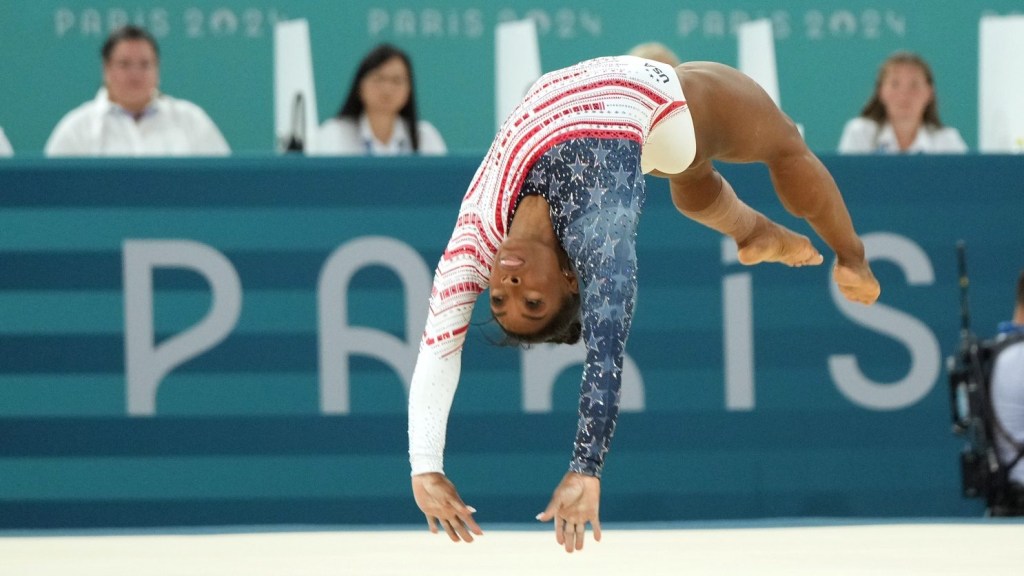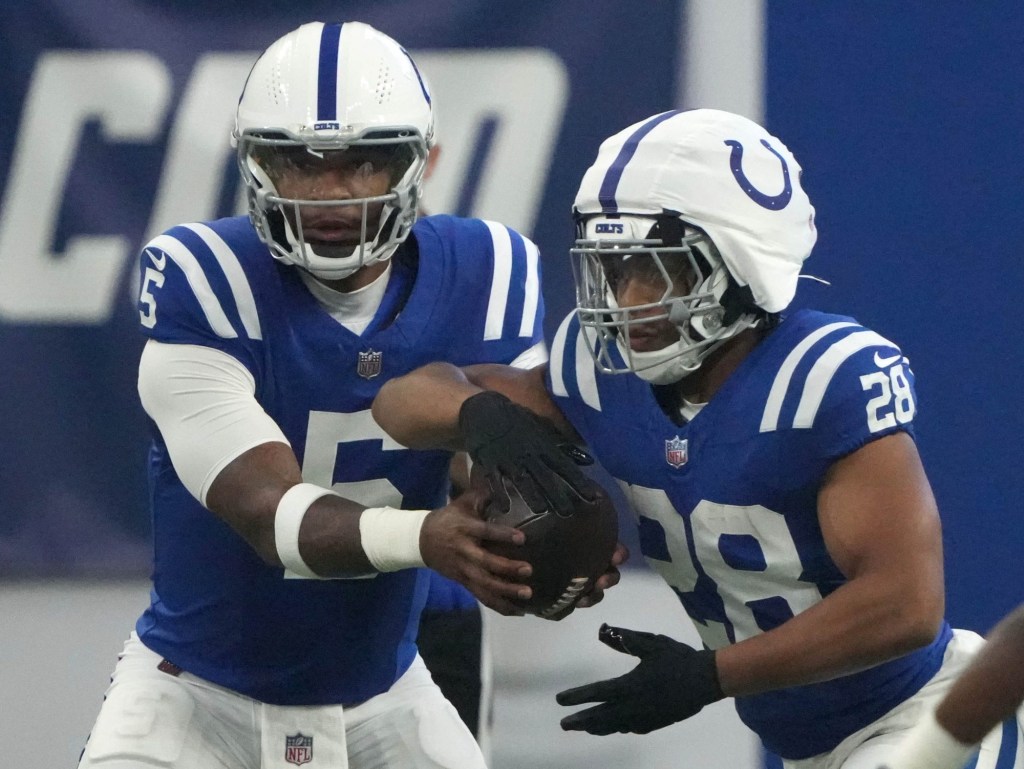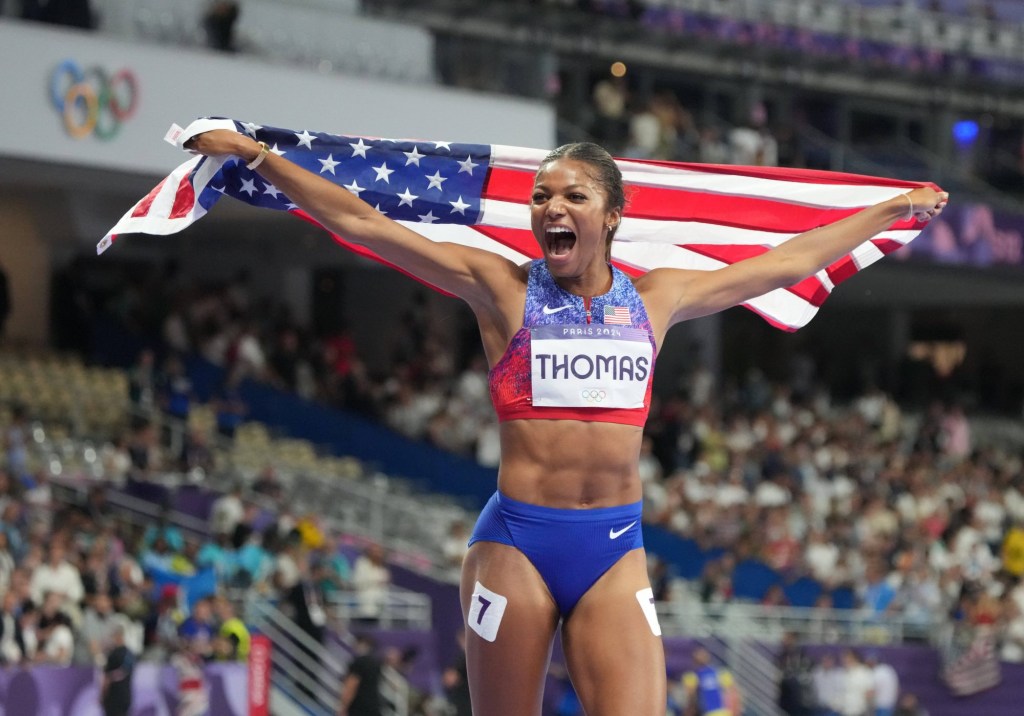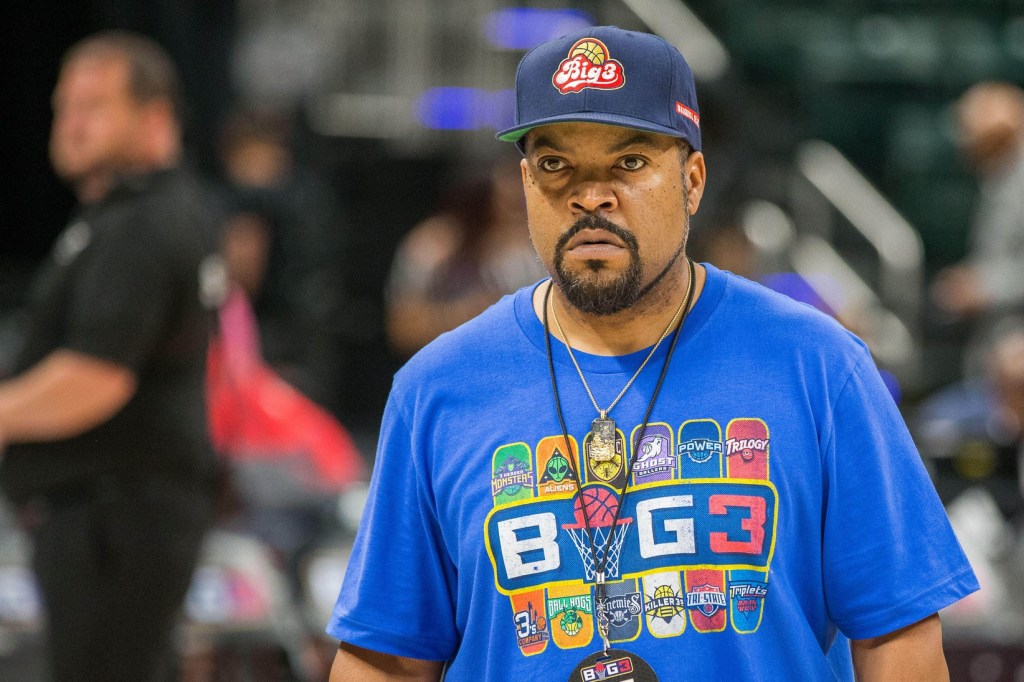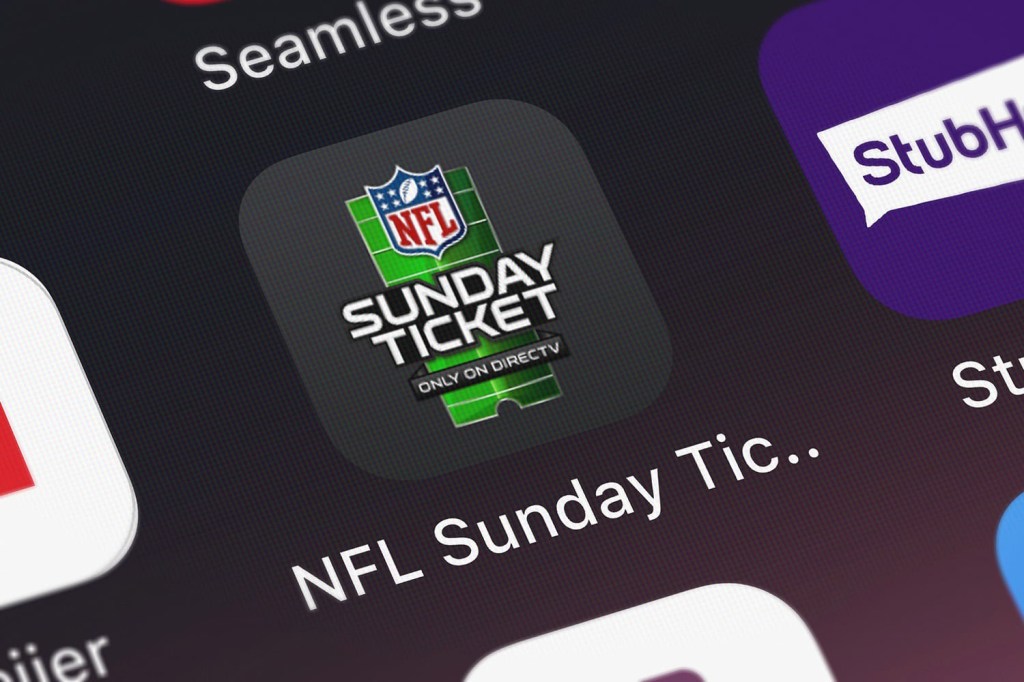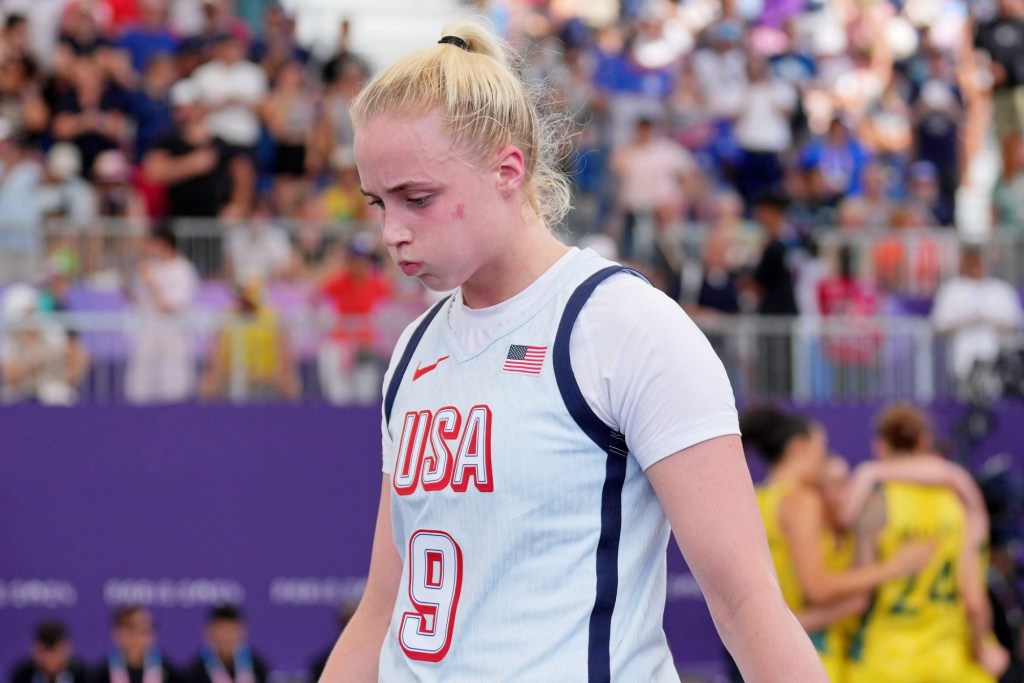For years, being an Arizona Cardinal was a unique distinction: It meant you were on the only NFL team that took money out of your paycheck for a boxed dinner at the practice facility.
The fact was largely unknown—or at least quiet—until the inaugural NFL Players Association report card made it public. It only looked worse coupled with the team’s stunning F- ranking on food and nutrition, a grade that placed them tied for last among 32 teams. It was one of just several striking details that came from the team’s 2023 report card—which also graded the club F- on its weight room, and F on the treatment of families—that sat the Cardinals at second-to-worst in the league overall.
“The locker room does not have confidence that owner Michael Bidwill is willing to invest to upgrade the facilities, as he ranks the lowest in that category across the league,” the NFLPA report card noted.
The report cards, which were spearheaded by former Browns center and NFLPA president JC Tretter, are meant to expose poor conditions and pressure—if not outright publicly shame—owners to make improvements not mandated or regulated by the CBA. Among the reasons for establishing the system, Tretter said he found players don’t know what they were fully signing up for when changing teams, and the report cards help shed light on that.
For the Cardinals, the scathing public report card did, indeed, help set wheels of change in motion. In March 2024, the union’s second report card moved the Cardinals from 31st among all teams to 27th, noting the jump in grades across multiple categories, due to Bidwill’s improvements (which included doing away with players paying for their own meals).
Bidwill still owns the team, and his reputation remains that of a cheapskate, but the cards shamed him out of his worst corner-cutting. “The responding players’ belief in club owner Michael Bidwill’s willingness to invest in the facilities remains low in comparison to the rest of the league, but it is significantly higher than last year given some of the upgrades,” the 2024 report card summarized.
The NFLPA had considered report cards as far back as 2000, and a quality-of-life survey had been tossed around for years but never materialized. Former NFLPA president Eric Winston had drawn up questions and categories in ’18 and ’19, but the ’20 collective bargaining negotiations during COVID-19-stalled progress. Tretter revived the discussions, and the initiative finally came together in ’23—and proved to be a signature achievement for the NFLPA, which to that point lacked a marquee win like the MLB’s lack of a salary cap or the NBA’s exorbitant salaries.
Across the sports world, athletes have taken notice of both the report card system as well as how abysmal grades can catalyze change.
“Once it comes out from the NFLPA, it’s sort of the talk of the locker room a little bit,” Logan O’Connor, a Colorado Avalanche forward and the team’s NHL Players’ Association rep, tells Front Office Sports. “Just the surprises on some organizations, how down low they are; some organizations, we’re surprised how high they are.”
Despite widespread unionization across U.S. professional sports, players’ associations still struggle with how to keep their bosses accountable and their membership engaged between CBA negotiations. FOS recently spoke with dozens of athletes and union representatives across every major league. Nearly unanimously, they agreed that the NFLPA’s results are motivating them to adopt report cards of their own that could do just that.
Sabrina Ionescu needs no introduction to the NFLPA report card. The New York Liberty guard is married to Hroniss Grasu, a seven-year NFL veteran, and has learned about it throughout the years from conversations with her husband and his teammates.

“The players talk about it a lot, and being able to put teams and the world on notice with understanding that it’s more than just the product that you see on the field or on the court that goes into players’ decisions for where they want to go in free agency,” Ionescu tells FOS. “I think players internally know which teams and which organizations have the support and the representation they need. But I don’t necessarily think that the general fan really knows and how that can play a role into a lot of free agents’ decisions on where they want to go.”
The NFLPA report card grades teams on treatment of families, food and cafeterias, nutritionists and dietitians, locker rooms, training rooms, training staffs, weight rooms, strength coaches, team travel, head coaches, and owners. Players from other leagues broadly agreed with these elements as a baseline but had plenty of ideas for tailoring surveys to their leagues’ own unique issues.
For example, the WNBA is the rare major U.S. league in which every player receives temporary housing and a car for the season. (The seasons are short, the pay relatively low, and the players few, so short-term summer housing for the players makes sense.) Players say that the quality of the housing across the league varies widely, and both Ionescu and her teammate Breanna Stewart say housing would be a key category in any WNBA report card.
“Especially in the WNBA, when we don’t have nearly what NFL or NBA has from an all-teams standpoint, it definitely could affect free agency and also maybe help move some teams along to pick up with facilities and making sure all of their stuff is top line,” Stewart, a vice president for the Women’s National Basketball Players Association, tells FOS.
The MLS Players Association has been discussing adding a report card since fall 2023. Should it adopt one, players would want a more in-depth look at travel, given how long teams can be on the road. “Team travel—that’s a good one to put in at least for us because MLS, we just got charter flights since COVID,” says goalkeeper Ryan Meara, the New York Red Bulls’ alternate rep.
Like Meara, O’Connor says the NHLPA is hoping to spotlight the same issue. He said that while the NFLPA report card already grades travel, the NFL travels the least of any league. Teams are gone a few days for a weekend game, while teams in other leagues occasionally experience two-plus weeks away from home.
Yael Averbuch West, the general manager of Gotham FC and founding president of the NWSL Players Association in 2018, has come up with a simple question she asks her own team: “Would you recommend Gotham to friends in the league?” From there, the survey goes into why or why not, and West says the answers have factored into the team flipping from a 4-17-1 season in ’22 to league champions in ’23. West said the players wanted better food, and, as a result, the team hired a performance nutritionist. “The meal room is a very happy place,” she tells FOS.
West’s surveys are anonymous, and she takes feedback to a leadership committee on the team to gauge its accuracy before enacting change. “In that way, I think we kind of take away any stigma associated with giving feedback or how it’s given,” she says. “You can say whatever you want to say, and we make sure we actually compile it and get feedback on the feedback. So, we have some layers in there to help make sure we have an honest sense.”

West said her time as NWSLPA president was in the league’s infancy, so players were mainly trying to establish a line of communication and keep feedback off social media or in public. “The idea of a report card is far ahead of where we were at that time,” West says.
It isn’t that teams aren’t improving without formal report cards, but many players see the upside in establishing a universal and tailored process within their leagues.
Sean Nealis, a New York Red Bulls defender and the team’s main union rep, says the club has improved the player experience in each of his six years and is building a new training facility. Yet he believes a solid report card would give the players and organization a good idea of where they stand compared to their peers, and tee up future improvements. “We are kind of, I’d say, the standard, but I don’t know how other clubs operate,” Nealis says. “It would be cool to see something like this for other clubs.”
One sticky element of establishing report cards is whether owners should receive a grade, as they do on the current NFLPA assessment. Across professional leagues, players had mixed views on grading ownership.
In some senses, it’s a near-no-brainer, as the owners foot the bills for food, facilities, services, and more. And part of the report card process for the NFLPA is publicly exposing poor conditions to push owners to make changes. Of course, this doesn’t sit well with the top executives in the crosshairs. NFL owners, accustomed to players and coaches taking much of the day-to-day media heat, resent being hung out in public.
Several owners have also accused the team’s union reps of having a significant hand in determining their team’s grades. “It doesn’t get presented to us, it gets presented to the media,” Steelers owner Art Rooney II told The Athletic in March. “So as far as I’m concerned, it’s a media opportunity for the Players Association as opposed to a serious effort of constructive criticism.” Rooney said he preferred direct feedback from players.
“I think the owners that would prefer it in privacy are the ones who are probably getting bad grades,” says the NHLPA’s O’Connor. “I think the franchises that are at the top of the list would probably be completely fine with the surveys because it just looks good on the organization.” (Stewart said the Tsais, who own the Liberty and the Brooklyn Nets, are regularly checking in with the team and should be awarded for that.)
Almost every player interviewed for this story said sympathy for owners publicly dealing with the results is a nonfactor because they have to answer for their own shortcomings publicly as professional athletes. Living with a bruised ego is part of the job.

Yet it may not be that simple. One of the most precarious pieces of integrating owner grades is the potential for retribution—a concern many players across leagues expressed.
Garrett Temple, the National Basketball Players Association vice president who has played for 12 teams, said he doesn’t think ownership is involved enough on the teams he’s played for to warrant its own category, but he understands the fears of retribution.
“It’s very difficult to go to the ownership or to the general manager and say, ‘You need to do this, this, and that,’” says Temple. “In exit meetings, when I was on a 10-day contract, I’m trying to get a contract for next year, I probably won’t be as honest about the things that I don’t like about the organization.”
Especially as big-name stars aren’t always involved in unions, adds Nealis, retribution is a realistic fear. “Sometimes with MLS clubs, the MLSPA [rep] is just a young American guy who just stepped into that role and he might be looked at as kind of a scapegoat for announcing these problems when the whole club sees these problems,” he says. He also worries that despite anonymity, players may hesitate to be fully honest, especially when they have relationships with some of the people being graded, such as training staff.
Not everyone shares the same sentiment, even within the same league or team. “I hope we do [adopt report cards], because maybe being around as a player for so long, we’re judged every day, and if your level drops you’re gone,” says Meara. “It’s so cutthroat. I have no problem with it being cutthroat for everyone else involved.”
The point of report cards is ultimately bigger than small season-to-season changes. Players who spoke to FOS agree that a mainstream grading system would impact player movement. For instance, if a player has two comparable competing offers in free agency, could a report card be the deciding factor?
The grades might carry the most weight in the smaller leagues in which salaries don’t compare to NFL or NBA figures, and factors such as better housing and nutrition might make a notable difference. For instance, MLS salaries average $530,262; in the WNBA, the average as of 2023 is $147,745, but lower-tiered players are still signing contracts for less than $70,000; and the NWSL’s average salary comes in at just $65,000, with contracts as low as $36,400. Even the highest salaries in these leagues equate to a game check in a league like the NBA.
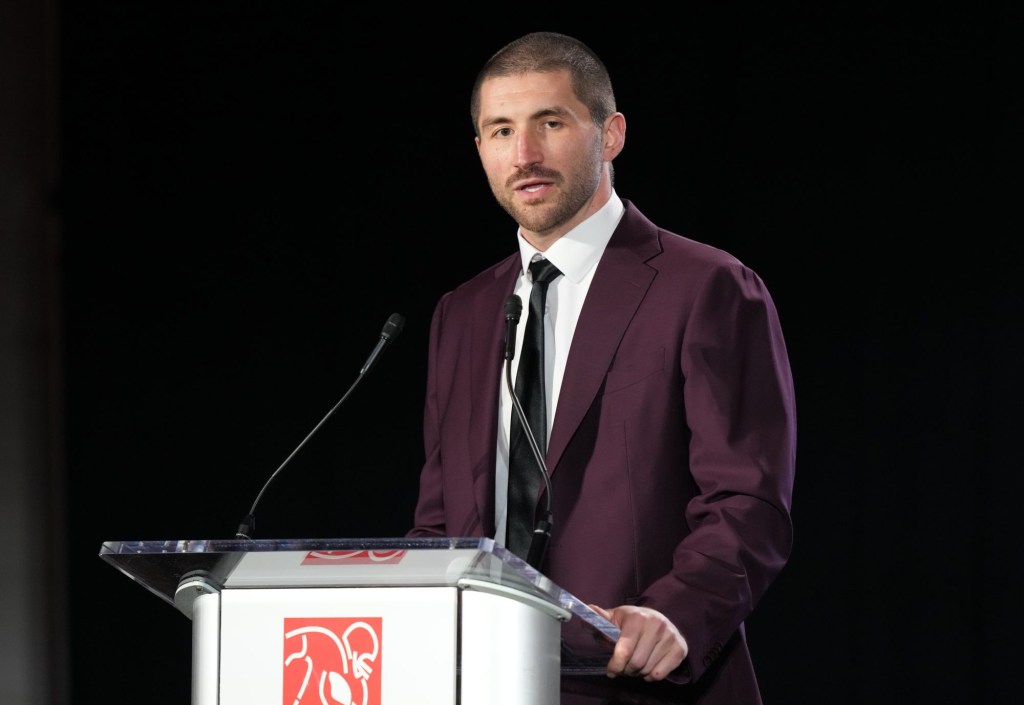
O’Connor says the report cards could “absolutely” direct athletes’ decisions. “I think especially the longer the contract is, the more critical those points of emphasis are gonna be—like the family and the facilities and the staff or whatnot. I think the longer it is, the more critical the decision is and the bigger those separations can be because of those elements.”
Temple says players already talk to friends around the league when they get traded or are trying to learn more about a team, but the report card would be a more accessible version of that. “It’s like Google reviews,” Temple says. “At the end of the day, you look at the masses. And again, you draw your own conclusions based on your own research. This should not be your end-all. You should not have a free-agency list and a report card right here and just pick like that. You still do your reconnaissance, call people, and things of that nature.”
This offseason, the NHLPA is expected to discuss a possible report card during its end-of-season meetings. The league already has a player poll that mainly highlights what players think of their peers. With a loose template already in place, a formal report card process could change the type of questions included, with a stronger focus on player priorities. The NBPA plans to do the same during its own gathering during Summer League in mid-July.
Stewart also says she plans to discuss adding a report card with WNBPA executive director Terri Jackson. She’s optimistic the league will embrace the idea: “It should be an easy thing to create,” Stewart tells FOS. The WNBA’s 12 active teams, each with a dozen roster spots, gives its union the ability to vote and discuss a possible report card faster than some of the bigger leagues. And the incoming cash infusion from both a new media deal and expansion present a good time for the WNBPA to do so.
But not everyone shares Stewart’s perspective. Despite the anonymity of the NFLPA survey, some players still fear front office backlash. Others wonder how report cards would account fairly for expansion teams, which might struggle to meet certain standards in early years. Even within leagues, some players and teams have different opinions about what should be on a report card and how to go about implementing one, which could drag out discussions. In the MLSPA, for instance, these hurdles mean a report card may not be imminent.
Yet forward motion and public talks alone may make their own difference, especially in light of how the NFLPA’s report cards have moved the needle. “I think especially all the leagues kind of copy each other,” says Nealis. “You see with the analytical approach that took part in baseball, now it’s taking part in the NFL and it’s taking part in the soccer world as well. … I think it’s a good thing to come to light and shows there’s a lot of power in some of these PA unions.”
Despite the muddy finer details, the interest among leagues is certainly there. And players not only believe report cards are helpful, they’re essential. “I think this is such a core union initiative,” says Tretter, the report card’s architect. “Surveying membership is a core task of any union. So do I think it would work for other leagues? The answer is yes.”





